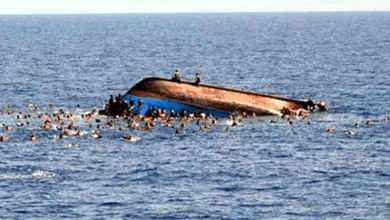China Condemns U.S. Military Posture in Asia as Provocative and Dangerous

A top Chinese official has sharply rebuked U.S. Defense Secretary Pete Hegseth, accusing him of “inciting confrontation and conflict” after he urged Washington’s allies to bolster their military strength in response to Beijing’s growing assertiveness in the Asia-Pacific.
Liu Jianchao, head of the International Department of the Chinese Communist Party, delivered the pointed criticism during remarks at the World Peace Forum in Beijing on Thursday. His comments come at a time of fragile diplomatic engagement between the world’s two largest economies, despite a recent easing in their prolonged trade dispute.
“What he truly wants is force, not dialogue,” Liu said of Hegseth.
“What he is inciting is confrontation and conflict—not peace and harmony. This is hegemonic thinking.”
Secretary Hegseth, speaking earlier in the week, warned that China is preparing to use military force to reshape the balance of power in Asia—particularly over Taiwan and the South China Sea. He urged U.S. partners in the region to adopt a doctrine of “peace through strength,” emphasizing the need to deter Beijing’s growing military ambitions.
Liu dismissed the remarks as outdated Cold War rhetoric and reaffirmed China’s hardline position on Taiwan, which Beijing views as a breakaway province destined for reunification with the mainland.
“The Chinese government has made it crystal clear—it will never back down on these issues,” Liu said.
“The Chinese people will do their utmost to strive for peaceful reunification of the motherland, but we will never tolerate any move toward Taiwan independence. The United States must respect China’s sovereignty.”
Despite recent diplomatic overtures, deep divides remain between Beijing and Washington. The two sides continue to clash on a wide array of geopolitical fronts—including the wars in Ukraine and Gaza, global technology competition, and Beijing’s vast maritime claims across the Indo-Pacific.
China’s military buildup and assertive posture in the South China Sea have drawn sharp concern from neighboring states and spurred stronger U.S. defense commitments across the region.
Washington has deepened military cooperation with Japan, South Korea, Australia, and the Philippines, all of whom have expressed unease over China’s strategic intentions.
Liu’s remarks underscore the entrenched mistrust at the heart of U.S.-China relations, even as both powers acknowledge the need for dialogue.
With tensions flaring once more over Taiwan and freedom of navigation in contested waters, the possibility of miscalculation—whether rhetorical or military—continues to loom large.





